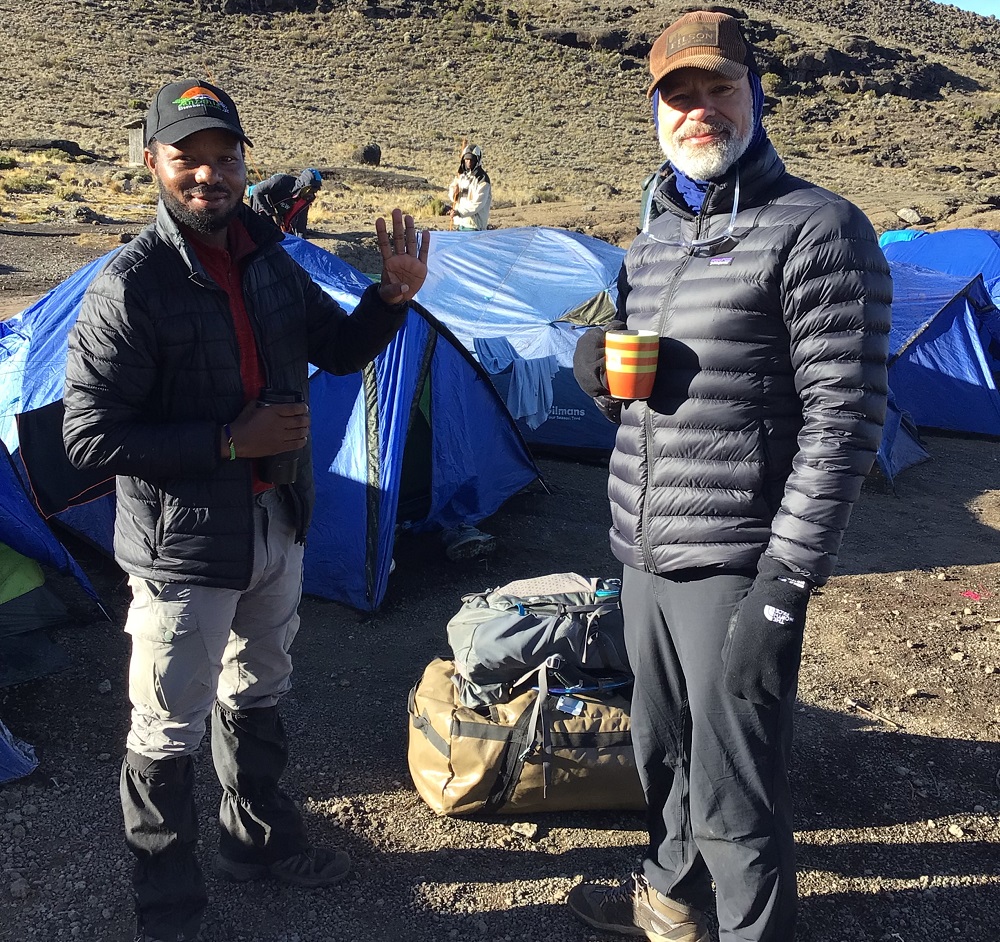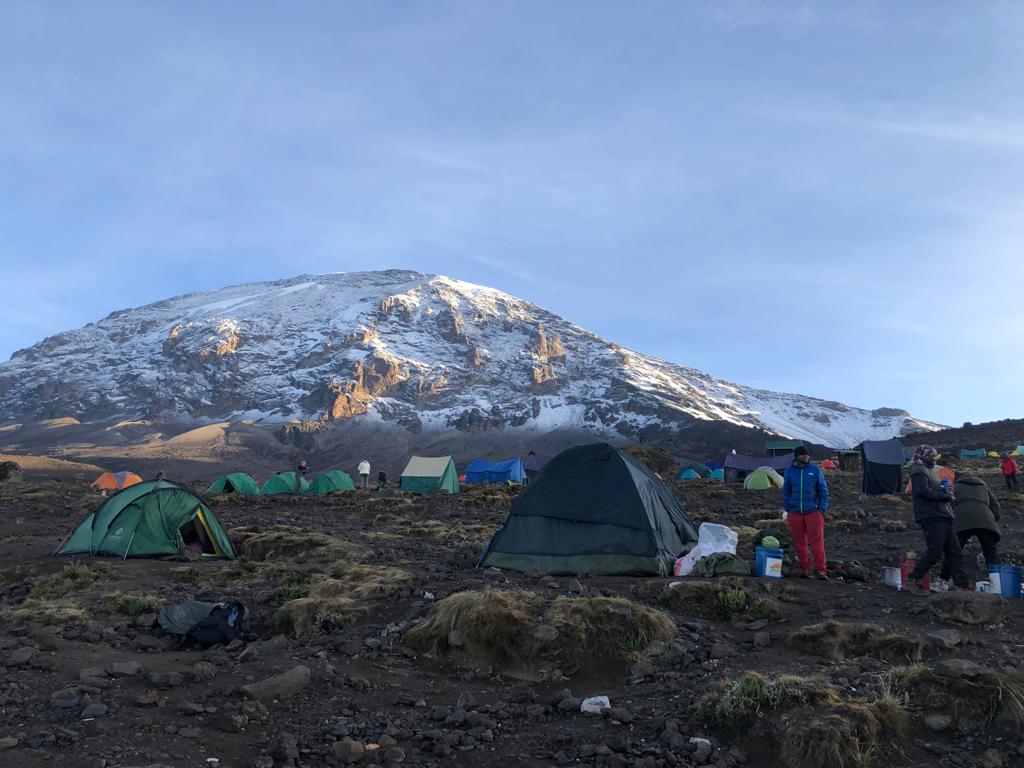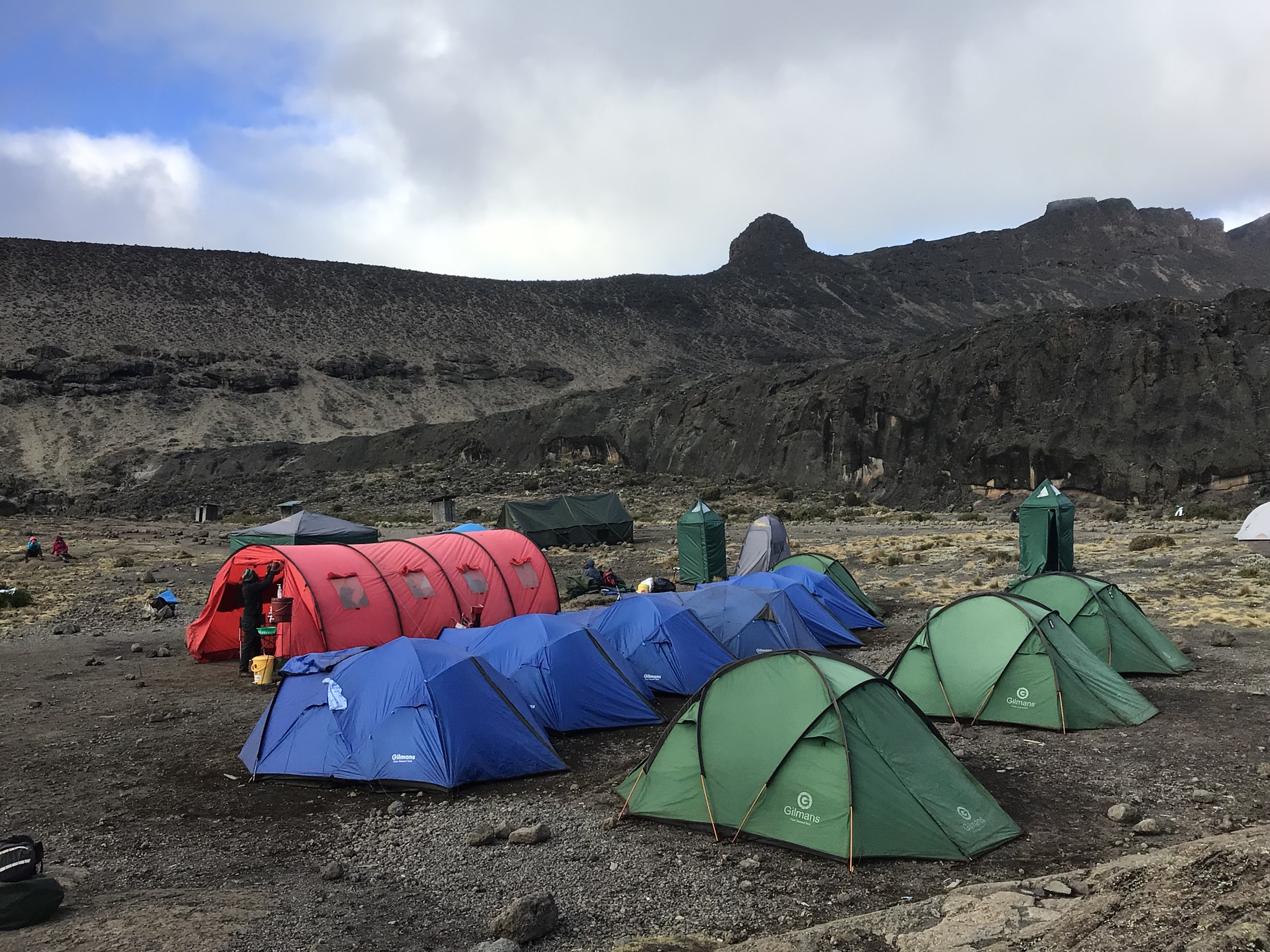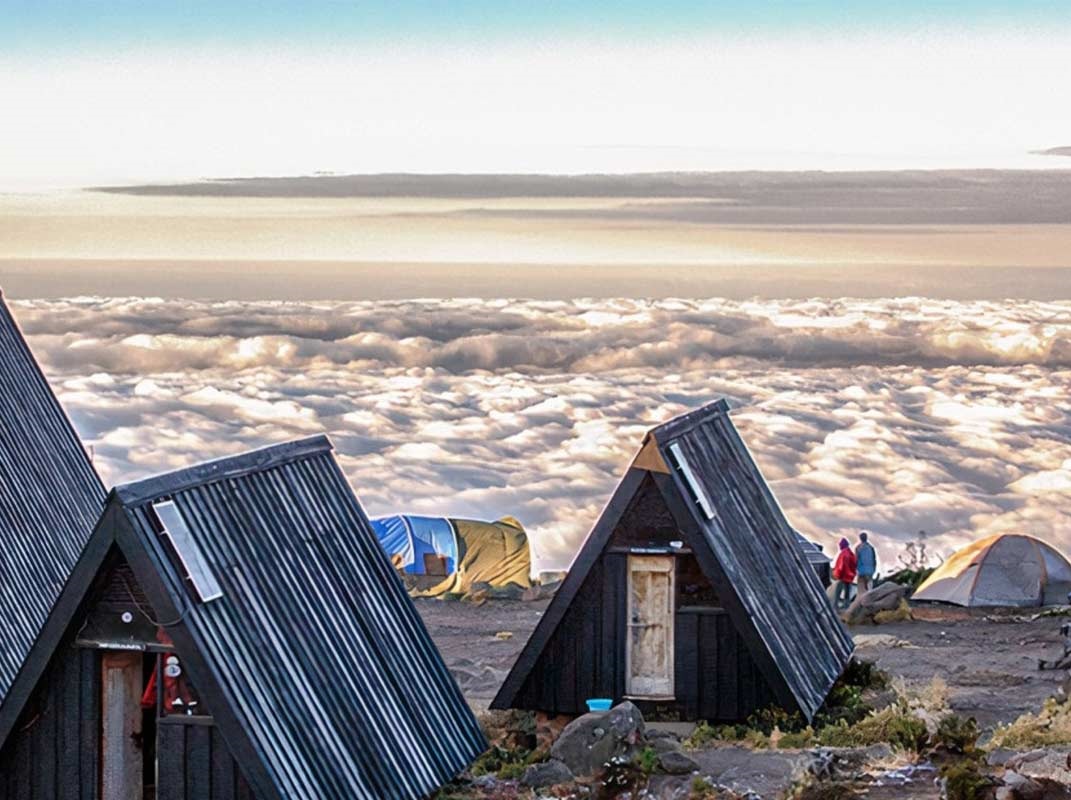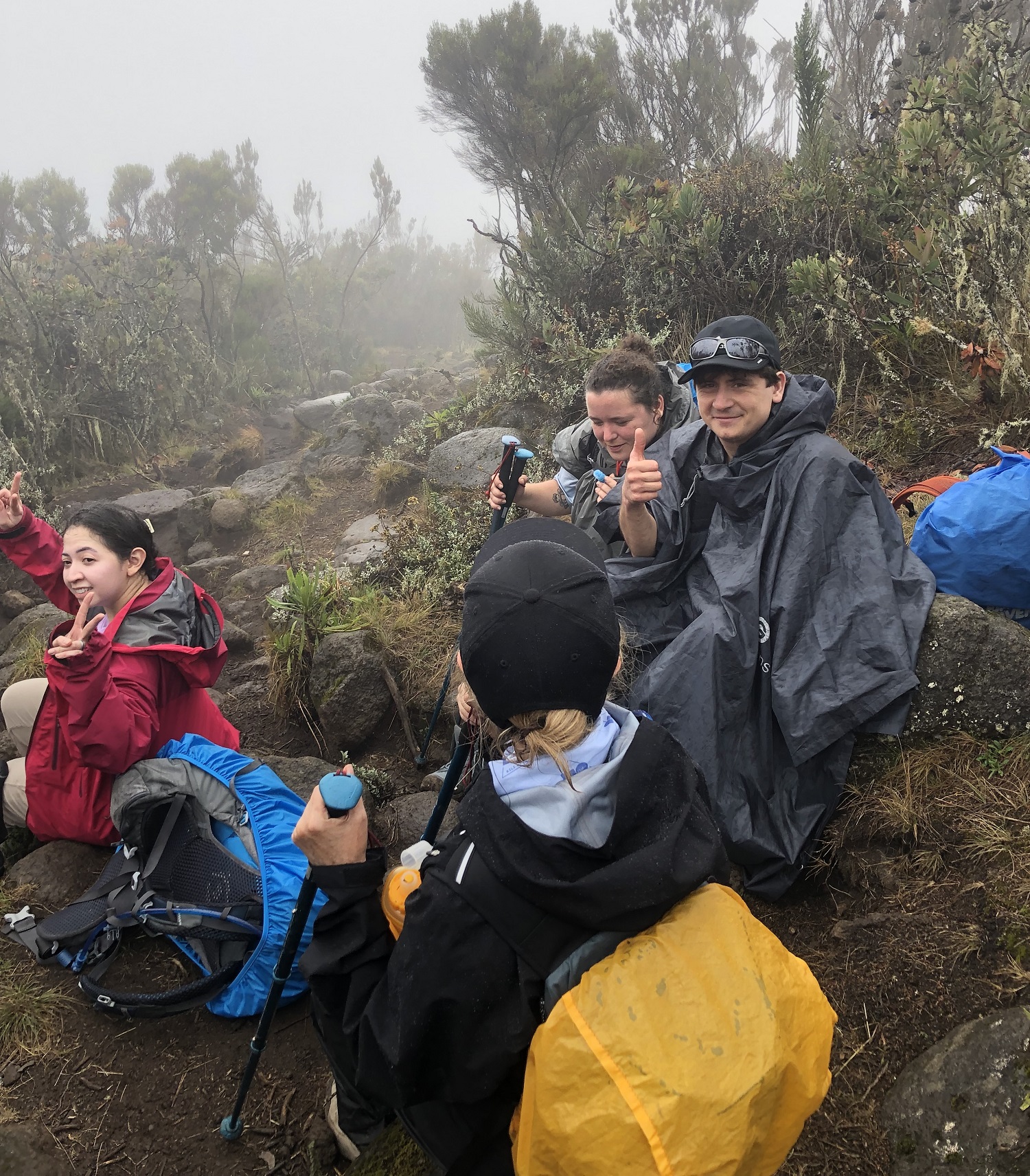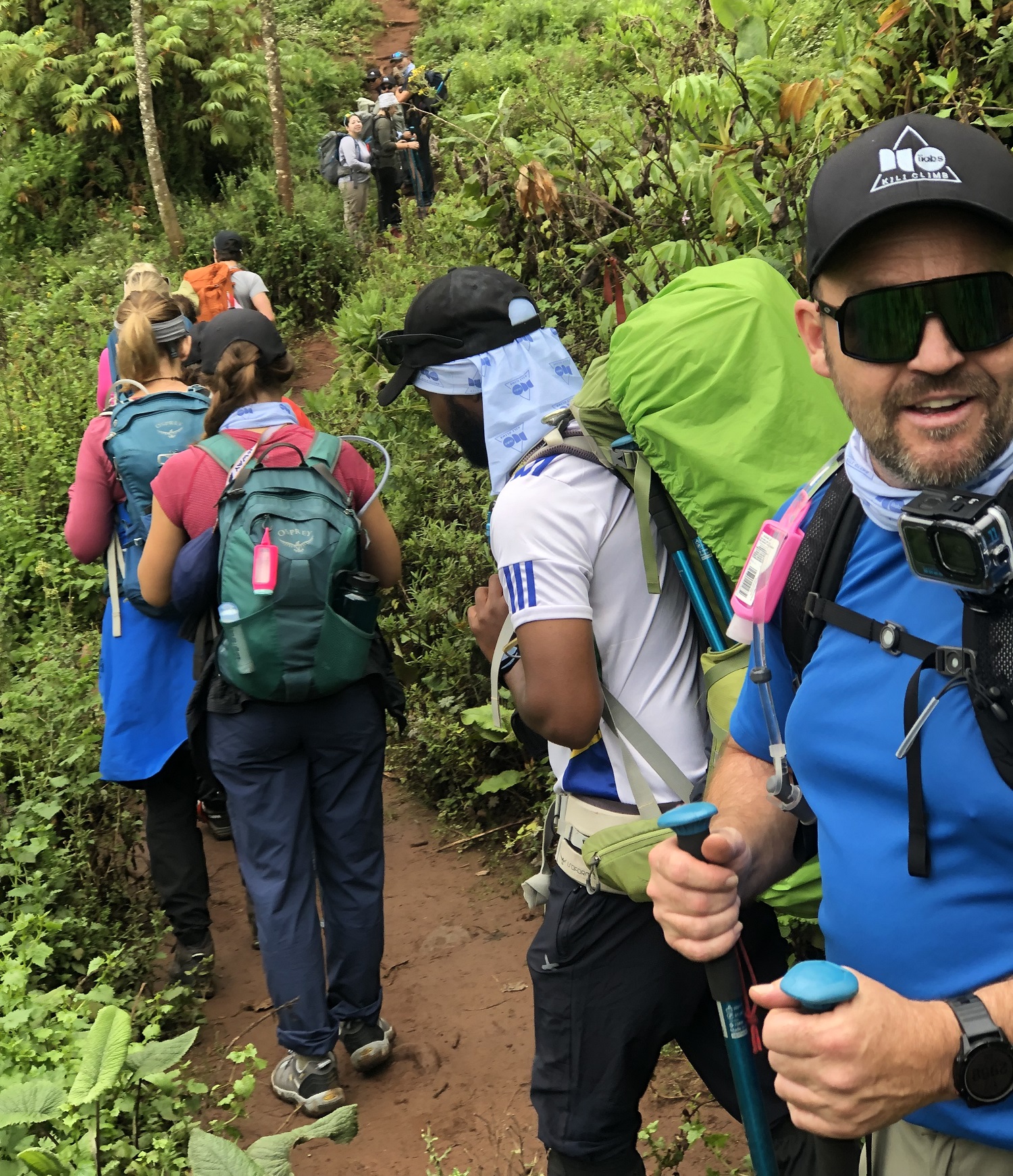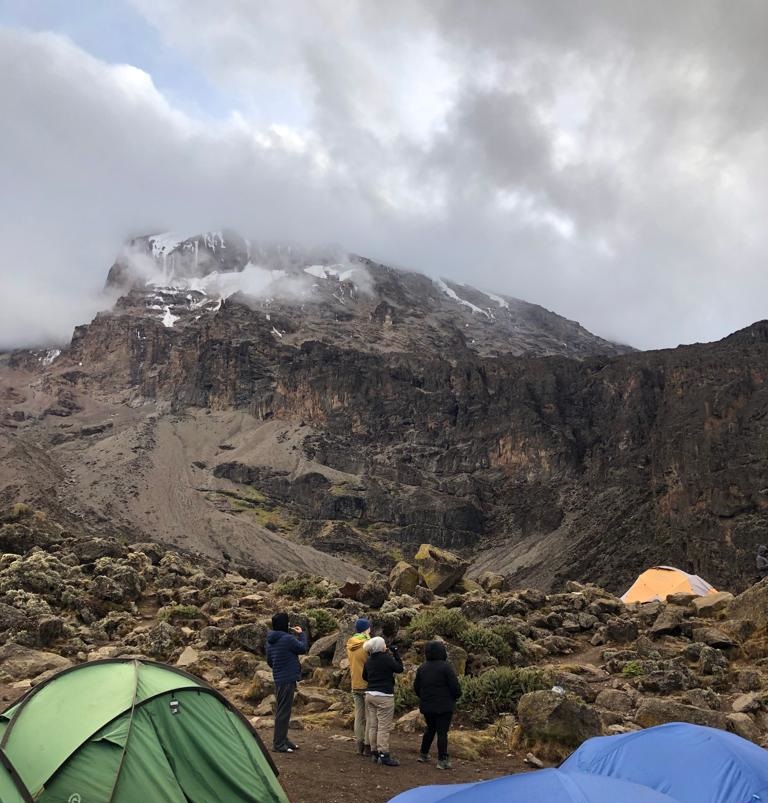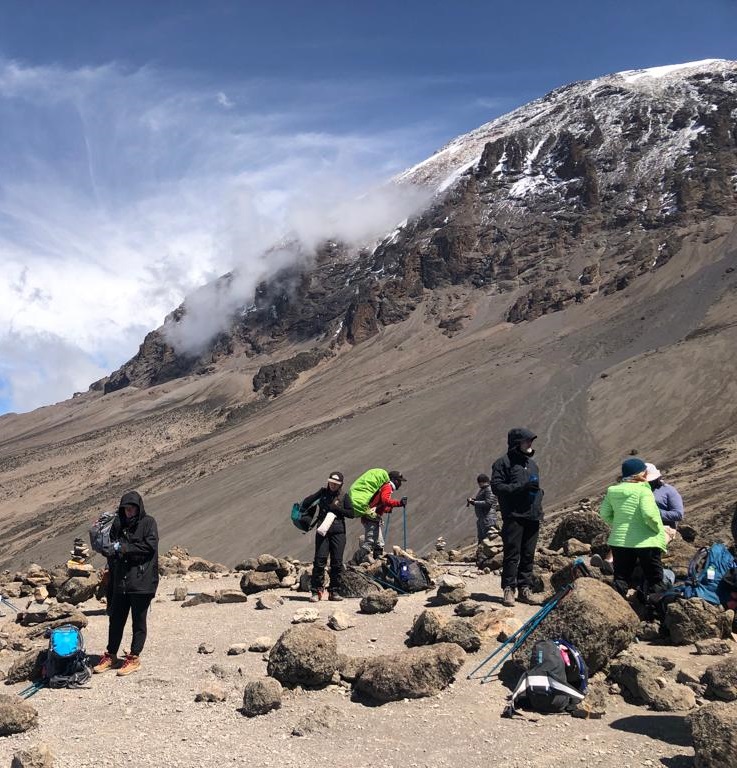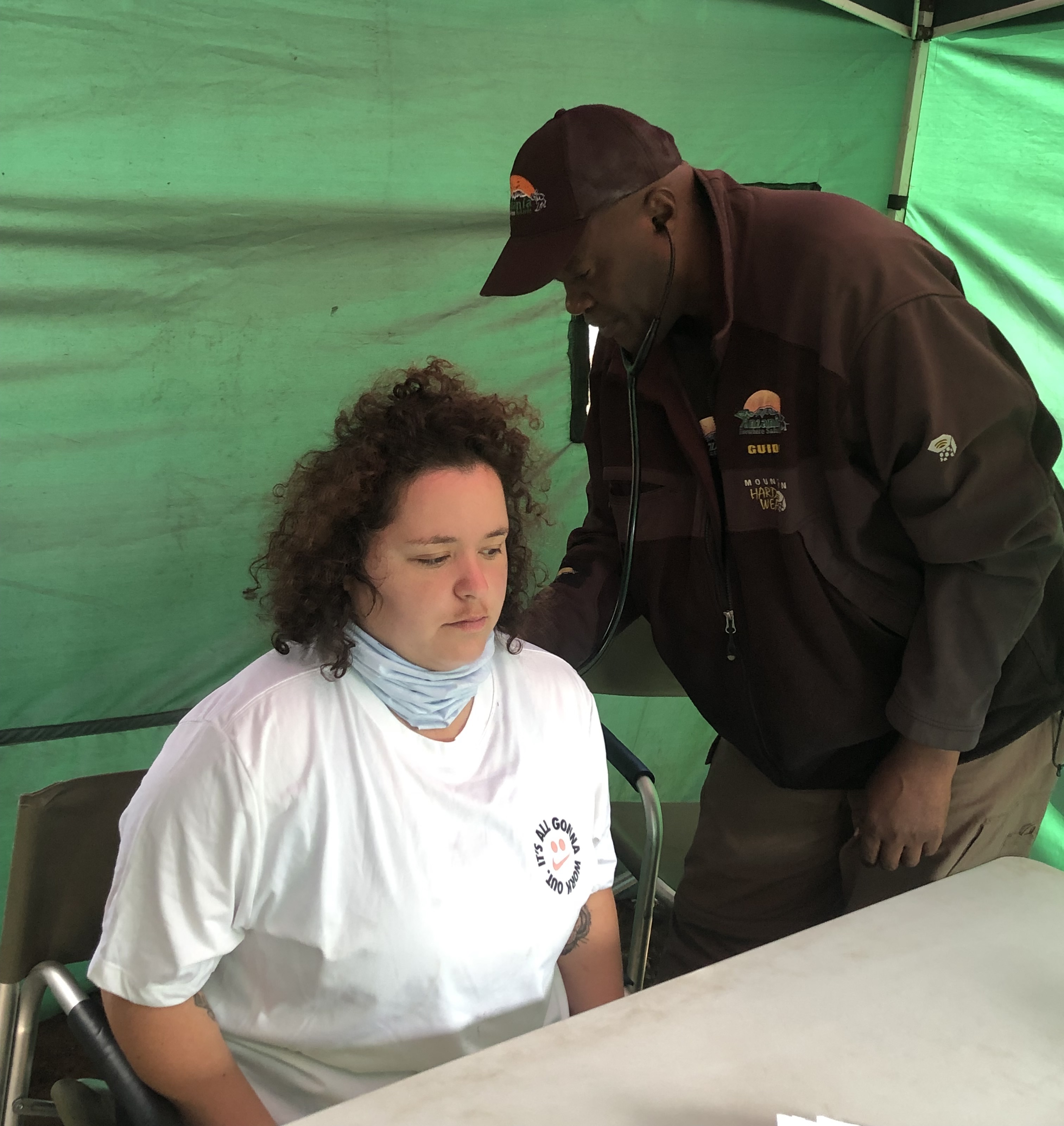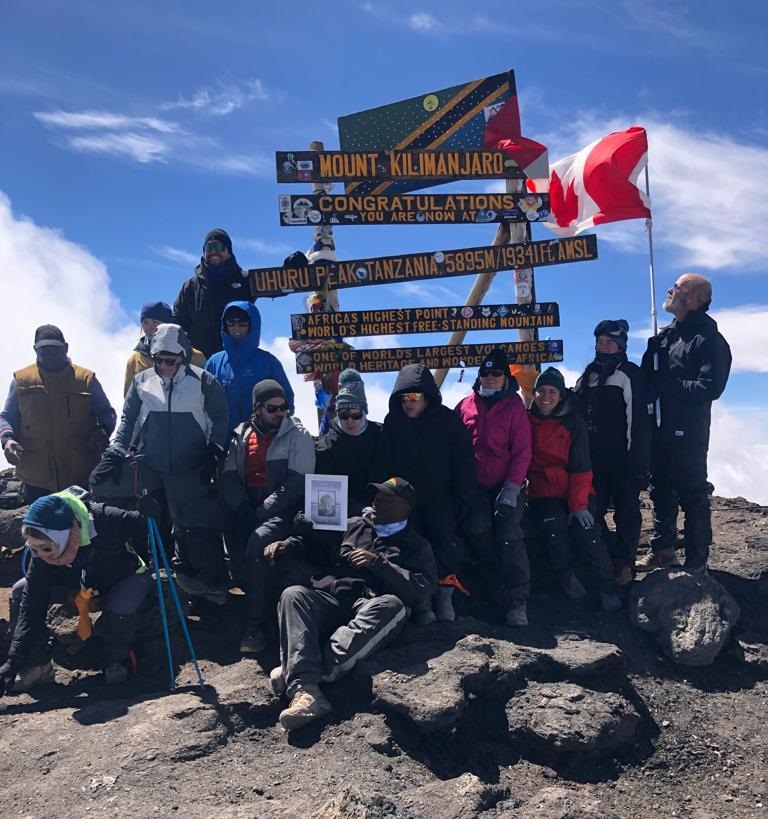Luxury VIP Kilimanjaro Trekking Experience
Embark on the ultimate adventure with our VIP Kilimanjaro Hiking Packages, offering unmatched comfort, safety, and personalized service on Africa’s tallest mountain. Whether you're an experienced climber or a first-time trekker, our all-inclusive VIP packages ensure a premium trekking experience with top-tier amenities, expert guides, and luxurious camping.
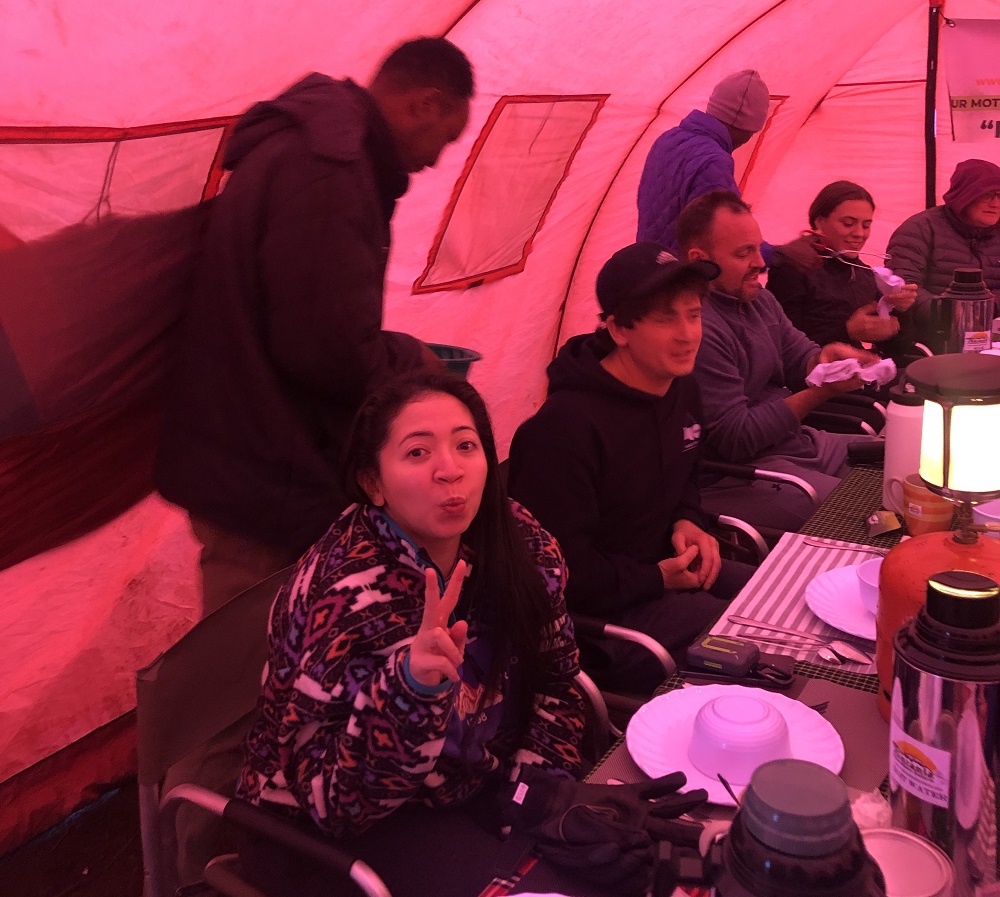
✅ What's Included in VIP Kilimanjaro Trekking
🏨 Accommodation
• 2 Nights in a Comfortable Lodge (Single or Double room, includes breakfast)
• Premium Camping on the Mountain
🍽 Meals & Drinks
• Full-board on the mountain (Breakfast, Lunch & Dinner)
• Clean, Treated Drinking Water (P&G Purifier)
• Daily Tea & Coffee
• Professional Mountain Chef
• Dietary Options Available Upon Request: Vegetarian, Vegan, Gluten-Free
🧭 Guiding Services
• English-speaking Lead Guide
• Assistant Guides for groups (Max. 2 trekkers per guide)
🛡 Safety & Health
• Guides certified in Wilderness First Response
• Daily Health Checks with Pulse Oximeter
• Emergency Oxygen (Minimum 2 per group)
• Satellite Phone or Radio for Emergency Communication
• Pre-climb Orientation with Your Guide
• First Aid Kit Provided
🏕 Mountain Equipment
• Luxury Sleeping Tent (with framed bed, mattress, pillow, sleeping bag, fleece liner, and solar lighting)
• Dining Tent with Tables, Chairs, and Solar Lighting
• Private Toilet Tent (Eco-friendly system, cleaned daily)
• Wash Station and Basins
• Hot Water Bottle for Cold Nights
• Hot Water Shower
• Equipment & Gear Rental Available (on request)
🚐 Transfers & Porter Services
• Airport Transfers (Kilimanjaro International Airport)
• Porters for Tents, Equipment & Supplies
• Personal Bag Porter
• Luggage Storage During Trek
🧾 Park Fees & Extras
• Kilimanjaro National Park Fees (Conservation, Camping/Hut, and Rescue Fees)
• Official Climbing Certificate (Gilman’s Point, Stella Point, or Uhuru Peak)
